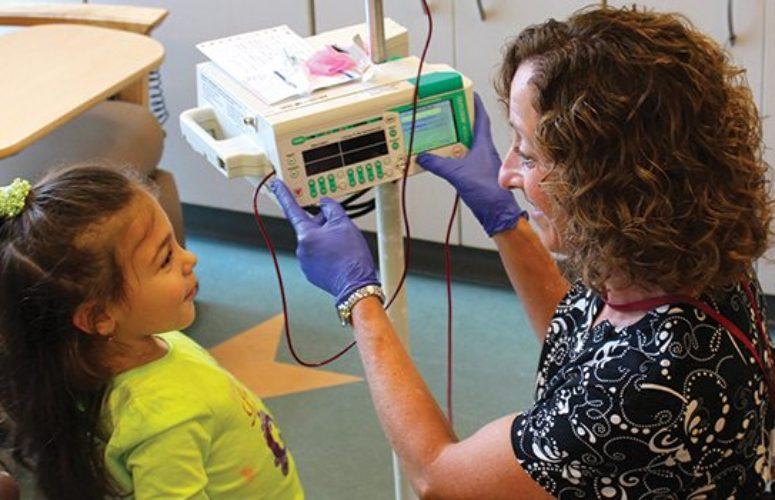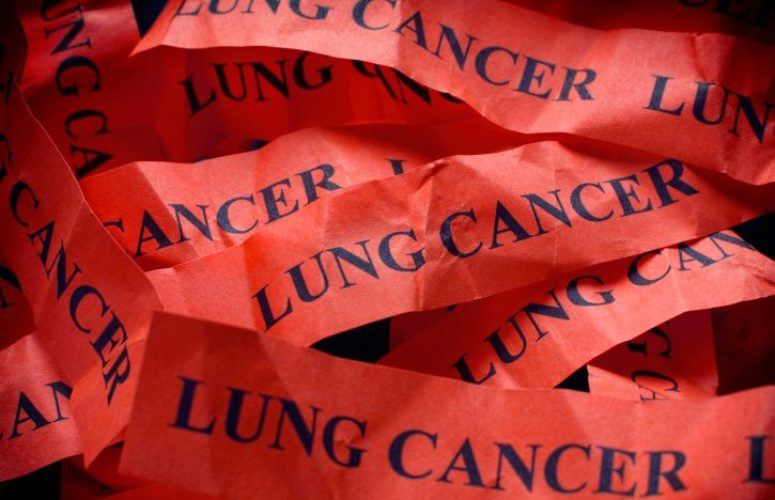
Rutgers Cancer Institute of New Jersey
Taking Aim at Cancer through Collaboration and Exploration
By Susan Goodin, PharmD On Nov 28, 2016Rutgers Cancer Institute of New Jersey – the state’s only National Cancer Institute-designated Comprehensive Cancer Center (NCI-CCC) – is responsible for assuring the availability of advanced cancer care to the people of New Jersey. The recently launched partnership between Rutgers Cancer Institute and University Hospital in Newark delivers on this responsibility, expanding NCI-CCC services to the greater Essex region. This new entity is known as Rutgers Cancer Institute of New Jersey at University Hospital.
The multidisciplinary care provided under this new partnership includes Rutgers Cancer Institute medical oncologists, augmenting the radiation oncology services that have been provided by Rutgers Cancer Institute for the past seven years and surgical oncology services provided by Rutgers faculty members. An additional component of this new partnership is building the infrastructure to bring additional cancer clinical trials to patients in the region, as is the expansion of community outreach, education and cancer prevention and screening programs, which are hallmarks of the NCI designation.
The changing healthcare environment requires a more progressive approach to provide access to innovative and advanced treatment options for the greater Newark community and all of northern New Jersey. My colleague, University Hospital President and CEO John N. Kastanis, MBA, FACHE, and I believe our partnership will address this significant need by expanding access to novel cancer therapies and treatments, some of which are only available at NCI-designated cancer centers.
The revolutionary care to be provided will be driven by research, both in the laboratory and at the patient bedside. New approaches that target the genetic characteristics of cancer and utilize drug compounds that “block” cancer-inducing pathways are being explored and validated at Rutgers Cancer Institute through precision medicine oncology and will now be available to patients in the greater Newark community. Instead of focusing on the origin of disease (e.g. breast cancer), specific mutations or genetic alterations in one’s cancer can now be identified and targeted with therapies traditionally not offered for one’s cancer type. Physician-scientists at Rutgers Cancer Institute are exploring this mechanism to identify therapies for those with rare or poor prognosis cancers.
Rutgers Cancer Institute investigators also are exploring and helping drive advances with immunotherapy – a mechanism by which the body uses its own defenses to fight disease. More is being discovered about the PD-1/PD-L1 pathway used by cancer cells as a way to prevent the body’s natural immune fighters – T cells – from recognizing and attacking cancer cells. Immunotherapy drugs known as ‘checkpoint inhibitors’ are found to block this pathway, allowing T cells to get back to work. There have been positive outcomes with “checkpoint inhibitor” drugs such as pembrolizumab and nivolumab, which are FDA-approved in the treatment of melanoma, non-small cell lung cancer and other forms of cancer. At Rutgers Cancer Institute, investigators are evaluating novel combinations of immunotherapy agents and combining them with chemotherapy to determine the safety and tolerability of these drugs’ other malignancies. These type of clinical trials, originating out of the laboratories at Rutgers, will be available in Newark under this new partnership.
As cancer research continues to reach new heights, our team at Rutgers Cancer Institute aims to build on that knowledge. Through collaborations with: clinical partners such as University Hospital and our network of hospitals across the state; research consortium partners including Princeton University and Rutgers University as well as the Big Ten Cancer Research Consortium; the pharmaceutical industry and other NCI-designated cancer centers, Rutgers Cancer Institute continues to meet its NCI mandate while serving the citizens of the state of New Jersey.
About the Author: Susan Goodin, PharmD, is the executive director of statewide affairs at Rutgers Cancer Institute of New Jersey and the interim director of Rutgers Cancer Institute of New Jersey at University Hospital.
Related Articles:






